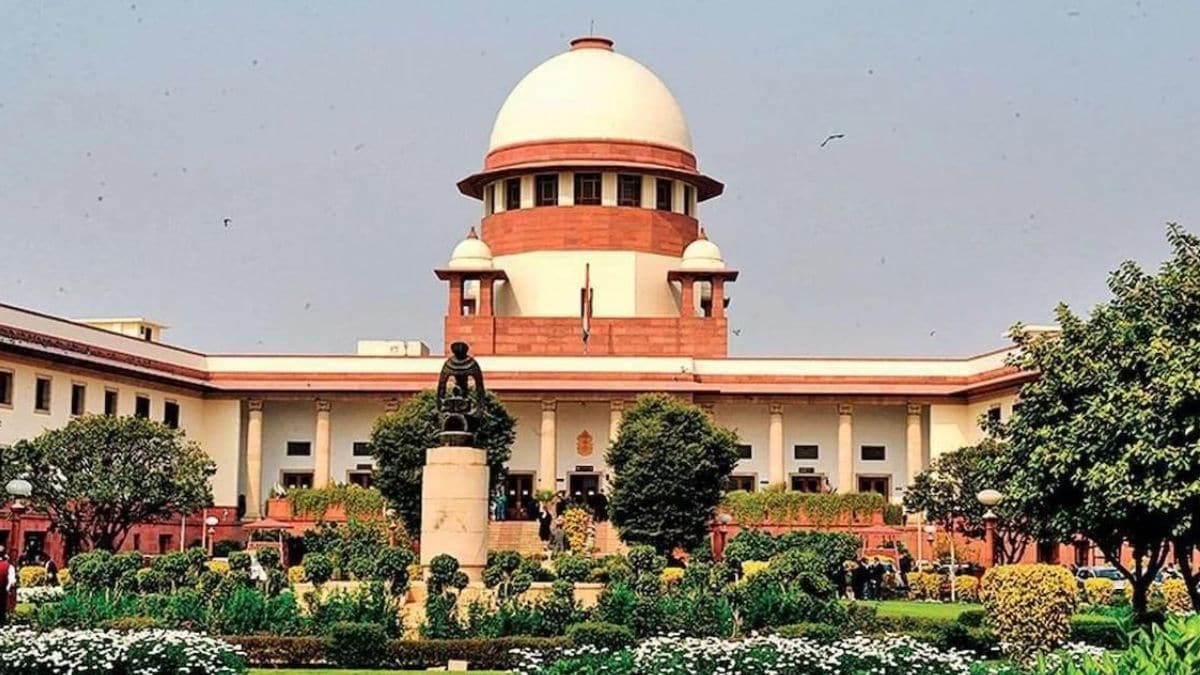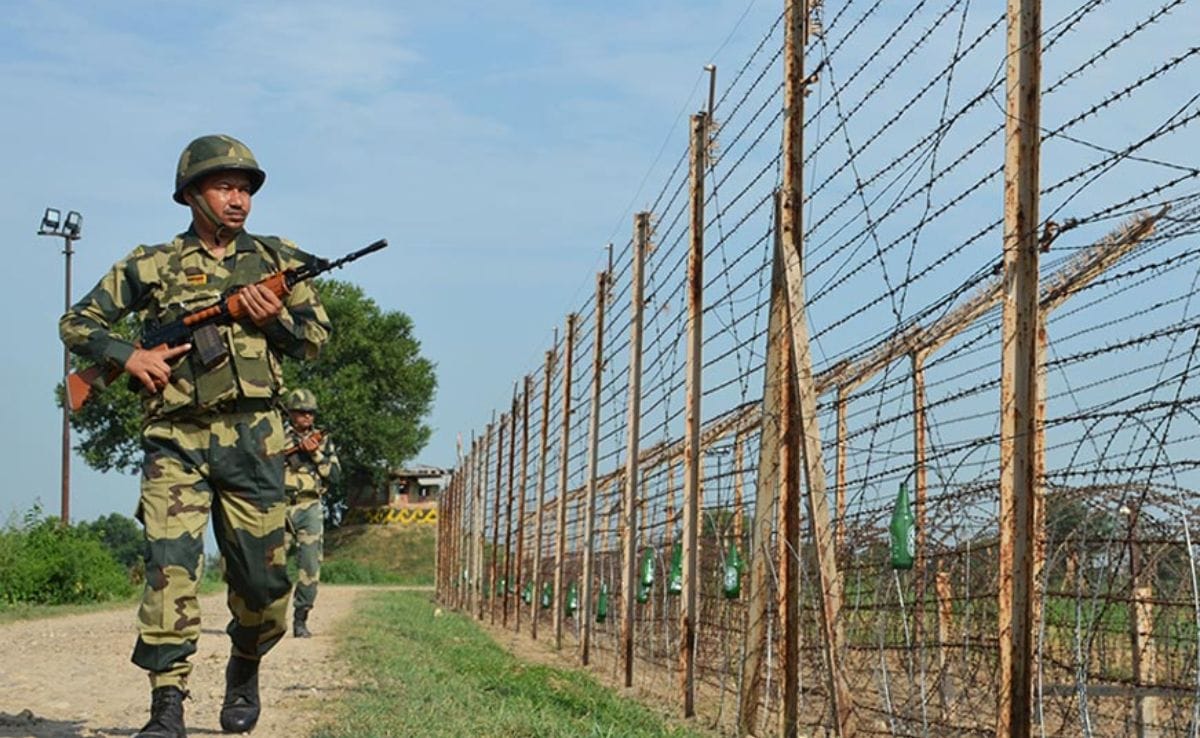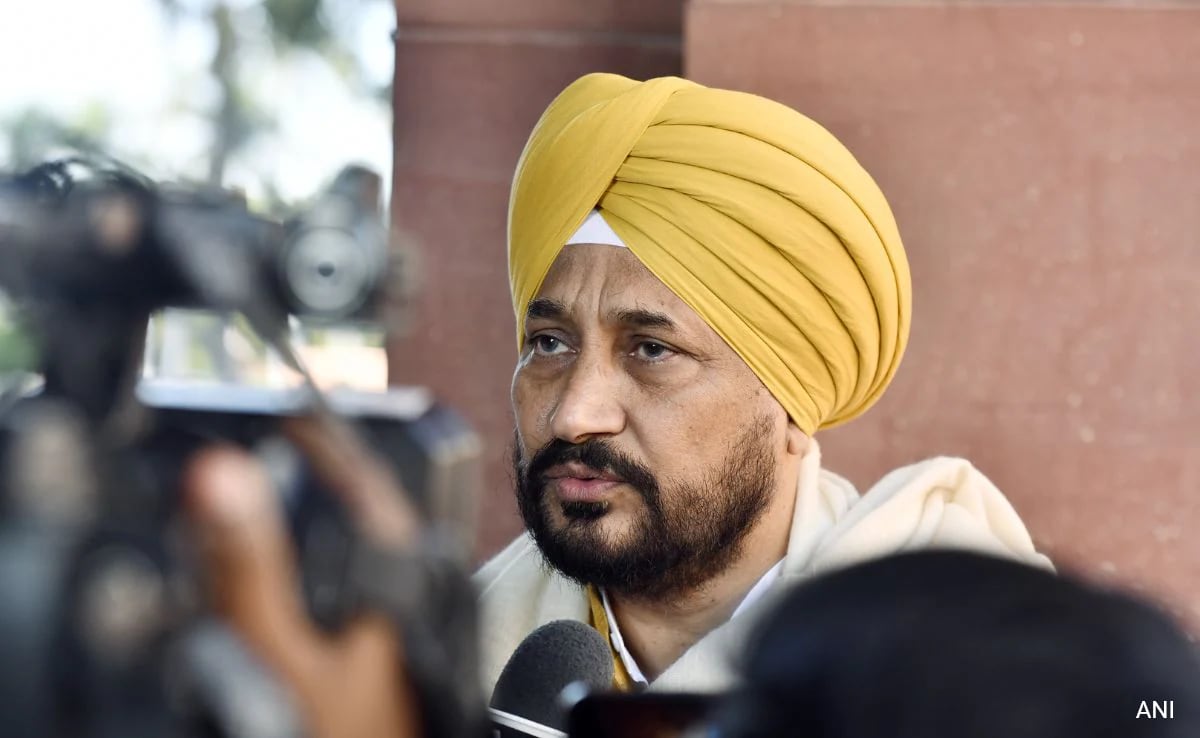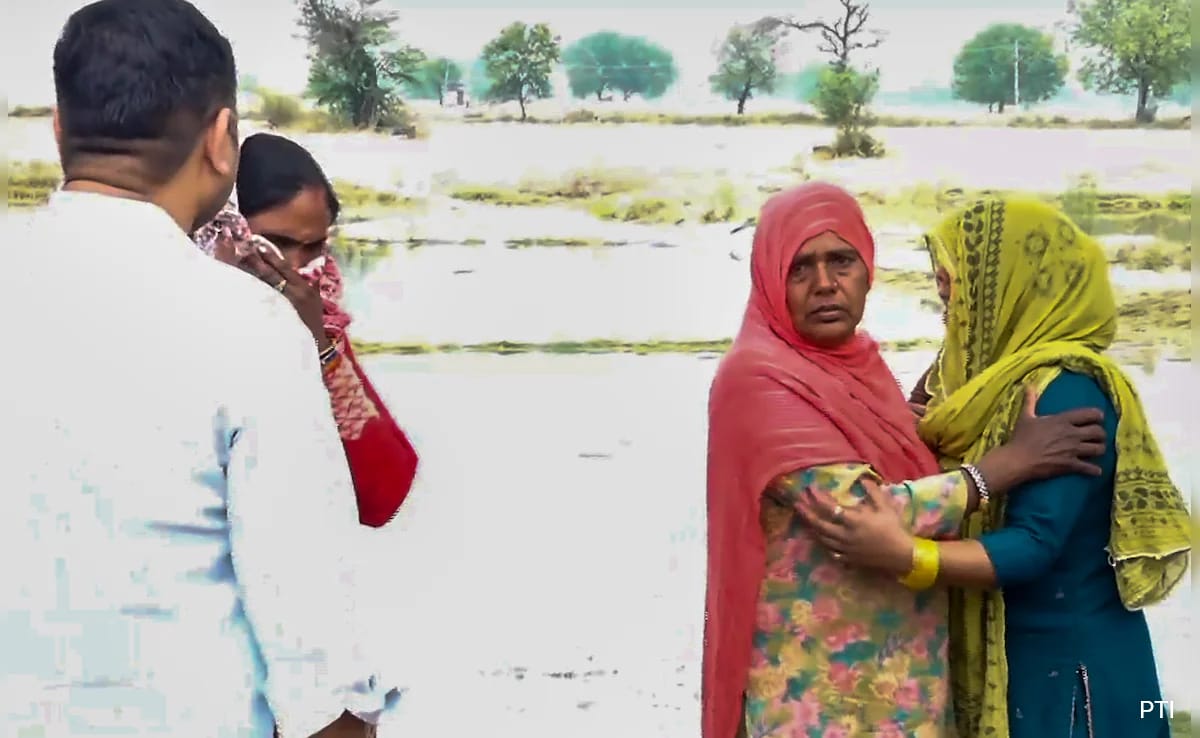The Supreme Court has stayed the deportation of an Accenture employee from Bengaluru and his family as ordered by the government, which is cancelling visas and ejecting Pakistan nationals as part of a flurry of diplomatic restrictions after the Pahalgam terror attack.
The man – Ahmed Tariq Butt – had approached the court claiming his six-member family and he had been ordered to leave the country despite holding Indian passports and an Aadhaar card.
The court directed verification of the documents and directed that no coercive action be taken against Mr Butt, who has an MBA from the IIM in Kerala’s Kozhikode, till then.
Mr Butt was also asked to approach the high court for further relief; this order was contested by the government, represented by Solicitor General Tushar Mehta, but the Supreme Court acknowledged “some human element” in this matter.
Finally, the Supreme Court also clarified that its orders in this case could not be used as precedent in others, a significant statement given the number of reports about Indian nationals – many with Muslim names – being asked to leave the country after visas were cancelled.
‘How Did You Come To India’?
During the hearing Friday morning Justice Surya Kant wanted to know how Mr Butt came to India. “He was born in Mirpur in Pakistan… we want to know how and why you came to India?”
Mr Butt said he came to India in 1997 with his father, who held a Pakistan passport.
On arriving in Srinagar, Mr Butt said, he surrendered his Pak passport to the Jammu and Kashmir High Court, after which he applied for and secured an Indian passport.
Other members of his family, Mr Butt said, arrived in Srinagar three years later, i.e., 2000, and each, he told the court, also secured Indian citizenship and passport.
Mr Butt said his siblings and he were educated in a private school in the city.
However, he said, despite this documentation, and the fact that his family members and he all hold Aadhaar cards, a Home Ministry order last week issued notice to all to leave the country.
The notice, he claimed, falsely said they had entered India on visas and had overstayed.
‘Identify, Deport’: Centre’s Pak Order
The government has scrapped all visas for Pak nationals, excluding long-term stays and those given to Pak Hindus, in the aftermath of the Pahalgam attack, in which four terrorists from the banned Pak-based Lashkar-e-Taiba group slaughtered 26 civilians, mostly tourists and including a Nepali.
READ | Pakistan’s Spy Agency ISI’s Key Role In Pahalgam Terror Attack Revealed
The government has vowed vengeance for the worst terror attack in India since Pulwama 2019, in which 40 soldiers were killed by another banned Pak-based terrorist group, the Jaish-e-Mohammed.
The government has accused Pak of continuing to fund and support terrorism
READ | Pak ‘One Of World’s Most Dangerous, Terror Trail In Moscow, London’
In the first round of countermeasures after the attack, the government banned visas, shut the border with Pakistan, and suspended the Indus Waters Treaty. Pak responded by ejecting Indians, shutting its border and airspace, and suspending the Simla Agreement.
READ | Pak Shuts Attari-Wagah Border, Leaves Some Nationals Stranded In India
Since then Prime Minister Narendra Modi – who was vowed not to let terrorism’s evil agenda succeed – has given India’s military operational freedom to plan and execute a response.
NDTV is now available on WhatsApp channels. Click on the link to get all the latest updates from NDTV on your chat.




